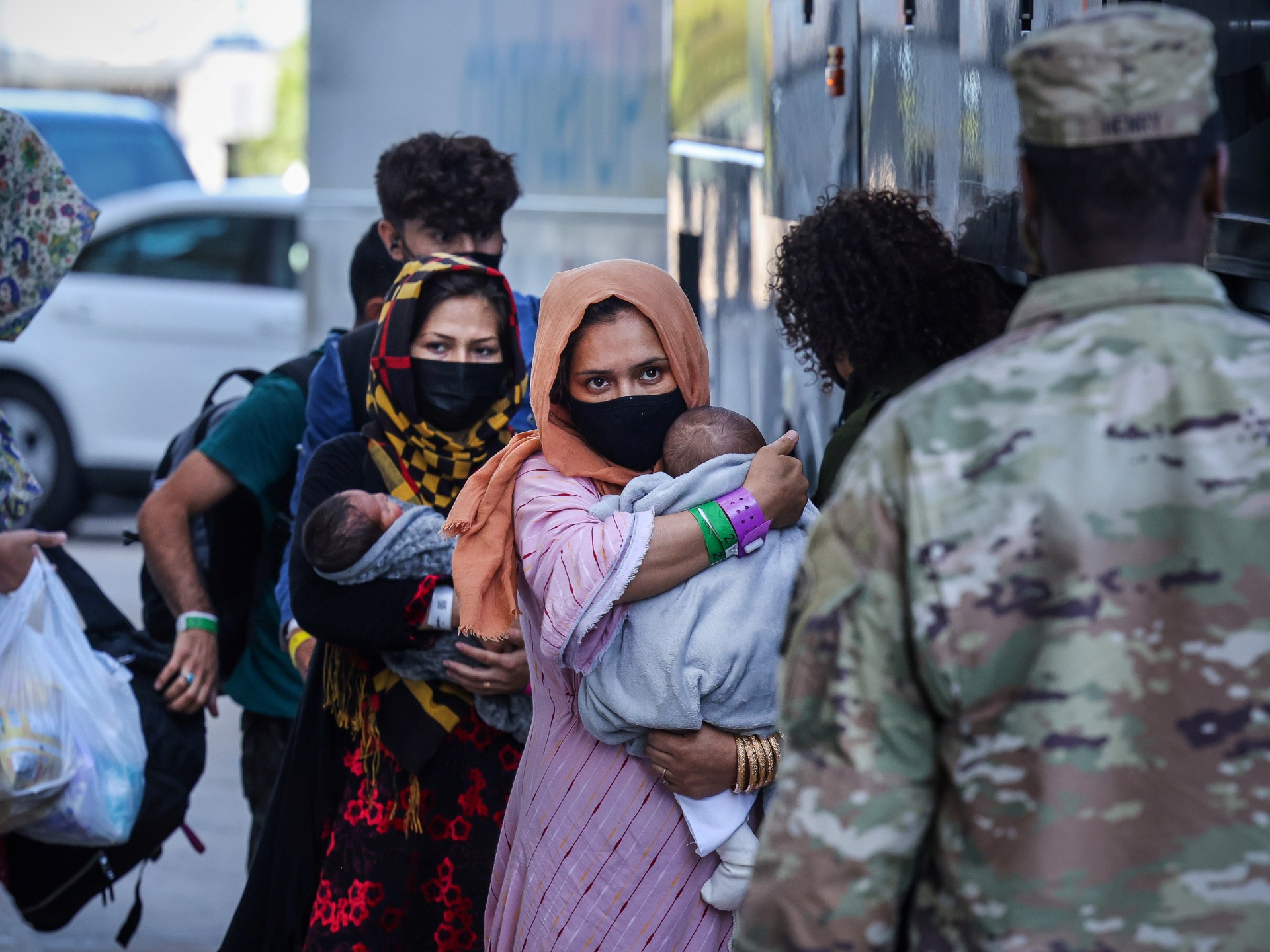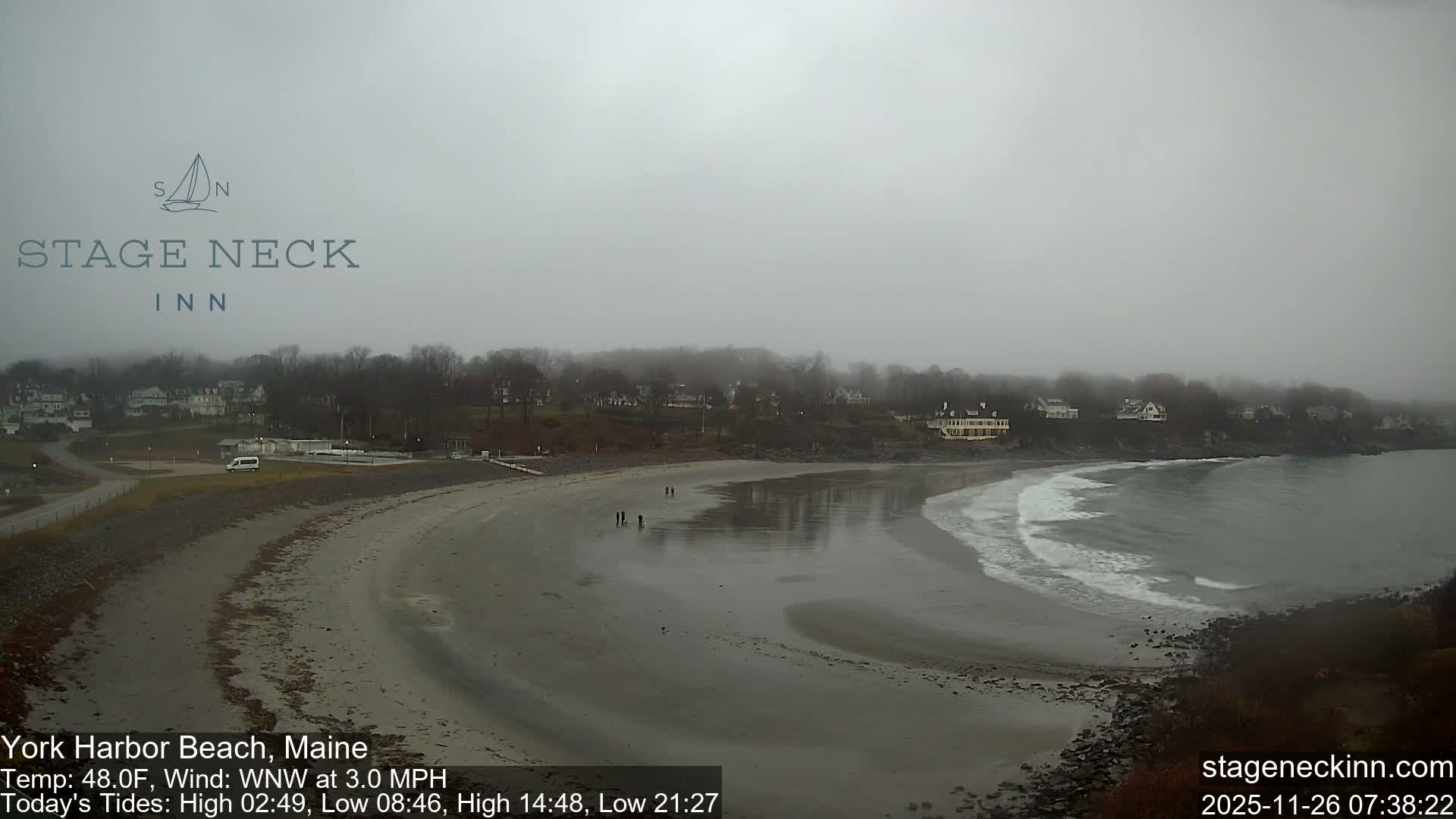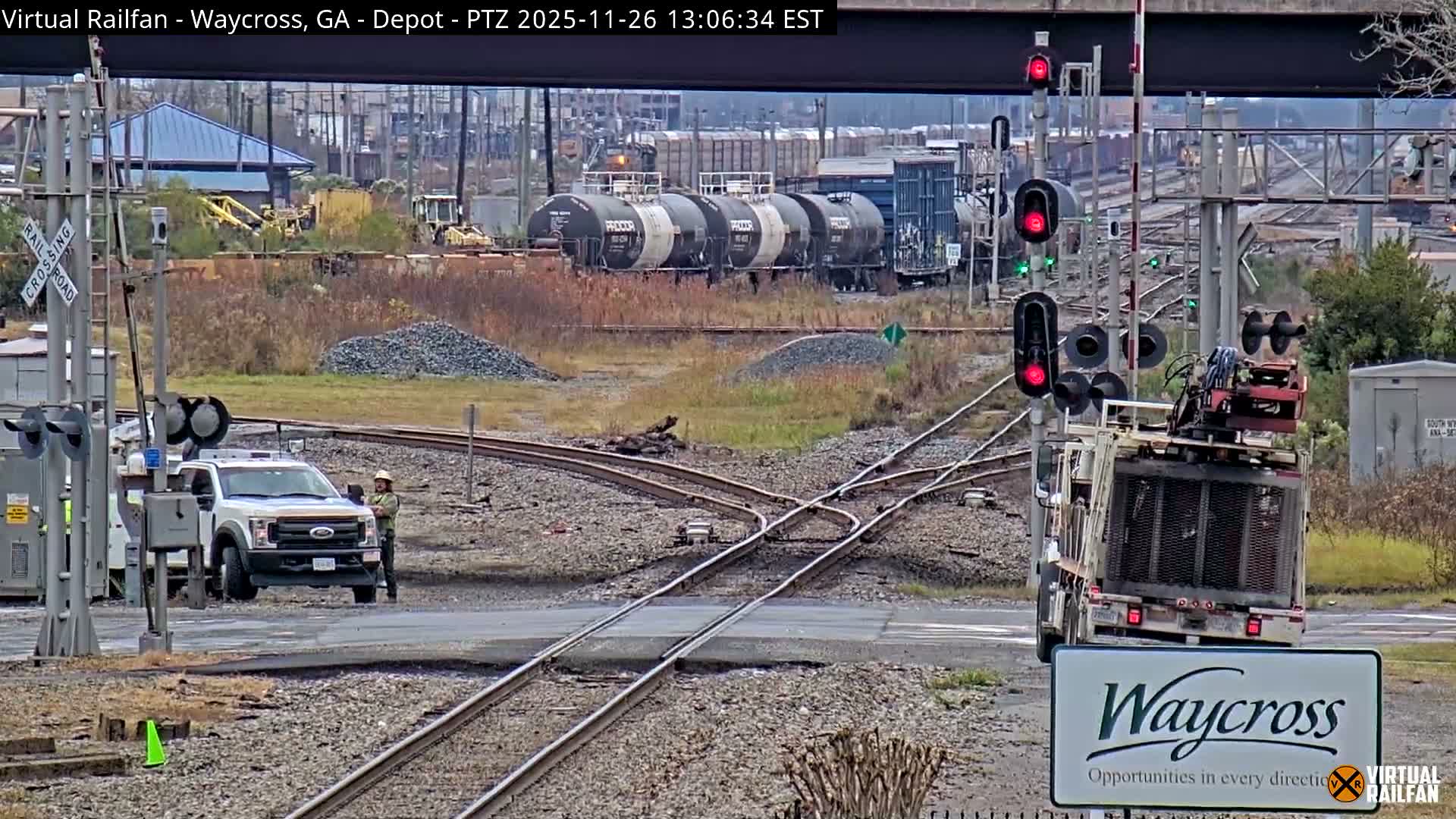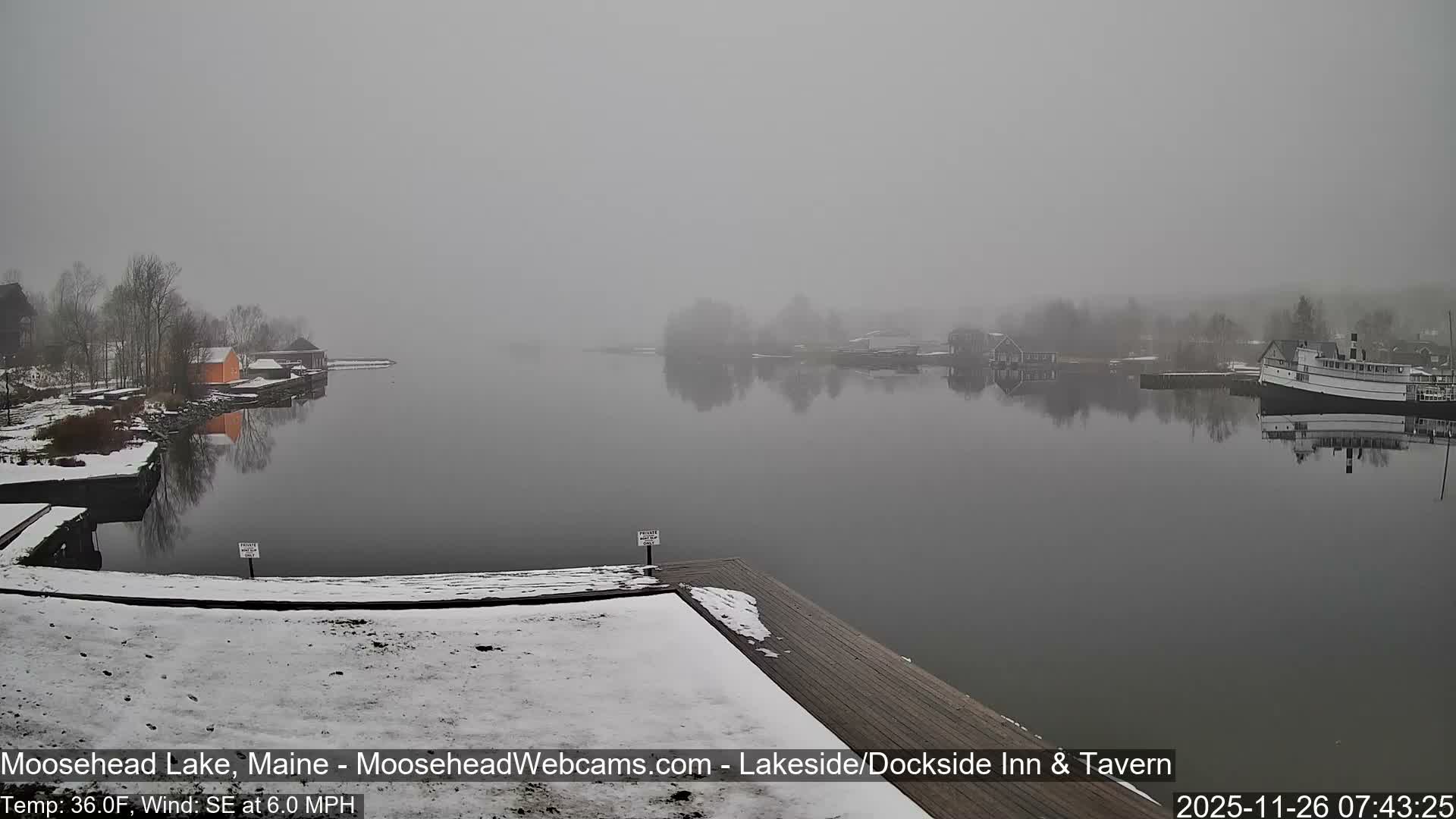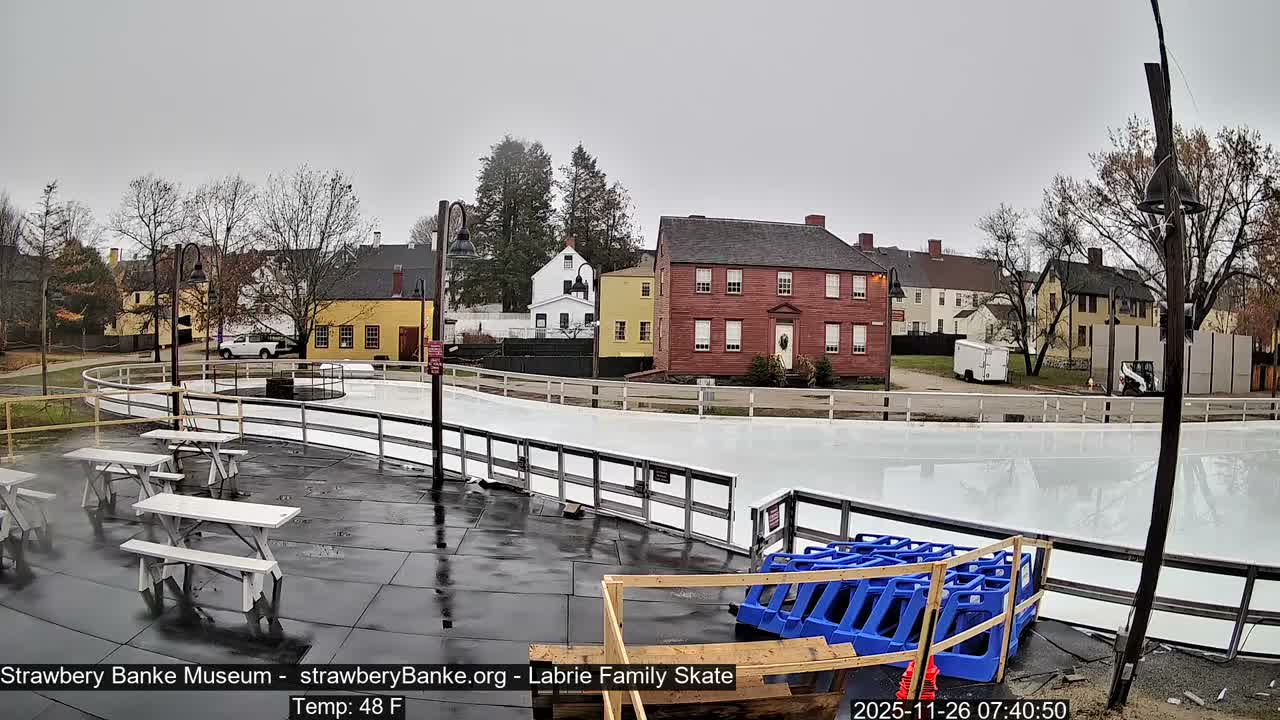The administration of United States President Donald Trump has announced plans for a retroactive review of refugees already resettled within the country, a move that has quickly ignited strong opposition from immigrant rights organizations. This decision, confirmed by Department of Homeland Security (DHS) spokesperson Tricia McLaughlin, aims to “ensure those who are present in the United States deserve to be here.”
Policy Details: Retroactive Vetting and Legal Status Risks
Reports surfaced detailing a government memorandum that orders a comprehensive re-evaluation of over 230,000 refugees. These individuals had been legally admitted and resettled in the U.S., primarily during the administration of former President Joe Biden. The directive, signed by US Citizenship and Immigration Services (USCIS) Director Joseph Edlow, outlines that refugees found not to meet original resettlement standards could face revocation of their legal status.
Specifically, the memo mandates “a comprehensive review and a re-interview of all refugees admitted from January 20, 2021, to February 20, 2025.” It also states that, where appropriate, reviews and re-interviews may extend to refugees admitted outside this specific timeframe.
The Refugee Process: Rigorous Vetting Before Arrival
Refugees undergo an exceptionally rigorous vetting process even before entering the United States. Unlike asylum seekers who apply for protection upon arrival, refugees secure their legal status while still abroad. Their admission presumes long-term residency and safety from persecution based on race, religion, nationality, political beliefs, or membership in a particular social group. The process often begins with a referral from a third party, such as the United Nations, followed by multiple levels of screening and interviews conducted by US immigration authorities. After one year, they can apply for legal permanent residency, leading to a path to US citizenship. In 2024, the US welcomed over 100,000 refugees, with primary countries of origin including the Democratic Republic of the Congo, Afghanistan, Venezuela, and Syria.
Strong Condemnation from Rights Groups
This retroactive vetting has drawn sharp criticism from humanitarian groups. Sharif Aly, president of the International Refugee Assistance Project (IRAP), emphasized that refugees are already “the most highly vetted immigrants in the country.” He condemned the order as “one more in a long line of efforts to bully some of the most vulnerable members of our communities,” warning it could lead to re-traumatization and put individuals at risk of egregious immigration enforcement actions.
Mark Hetfield, president of HIAS, another humanitarian organization assisting new refugees, labeled the Trump administration’s initiative “unnecessary, cruel and wasteful.” He reiterated Aly’s point, stressing that refugees have “already been more vetted than any other group of immigrants.”
Broader Context: Trump's Immigration Stance
This policy aligns with a broader pattern observed during Trump’s previous term, where refugee admissions were drastically curtailed. After returning to the White House in January, the second Trump administration set a historic low refugee admission cap of just 7,500 for the upcoming year. The president also previously directed the program to “primarily” resettle “white South Africans,” asserting they face discrimination from their government. Overall, Trump’s policy agenda consistently focuses on restricting new arrivals to the US and intensifying enforcement against non-citizens.

